Broadening Students' World View Through Choice Reading
If you like this, you might like these too!
If you like Harry Potter, you might like these titles involving folxs with magical abilities.
If you like Ready Player One, you might like these novels about gaming and VR.
Events of the past year have made three things abundantly clear to me. One, more people than ever are eager to unlearn our inherent biases in order to move toward a more just society. Two, in order to reach this goal, most of us need support, education, and more exposure to the lived experiences of others. And three, during a pandemic it’s incredibly hard to interact with humans in authentic and safe ways.
In many ways, these realizations seemed to be in opposition to each other. How can we engage with others in meaningful ways and break down biases while also maintaining social distance? Lots of tech-savvy folks invented and expanded platforms to facilitate exactly this. Zoom, Wonder, Slack, and Idea Flip all helped people engage in virtual conversations, which was a blessing during quarantine. However, as many adolescents felt shy or awkward engaging on camera, particularly with new acquaintances, these tools were not always the answer.
Enter books! I have long been a proponent of choice reading for learners - an approach that allows each learner to select the texts that they would like to read, rather than being told what is worthy of study. This allows each learner to truly enjoy reading, learn how to select texts that are right for them, and push their own growth edge. (I also work to follow this approach with writing, turning control of Pinwheel Coffee’s blog to an all-student writing and publishing team.)
This approach proved to be very effective when I turned to books as a way to help students broaden their world views. First, learners whose identities are not represented in the dominant culture of the US already knew that they could read books that they love, by authors with whom they share social identity markers. Second, I began more actively helping students who are part of the dominant culture seek out authors from the global majority. This entailed some research on my part to find books from all different genres and reading and interest levels that were written by and about people from the global majority. Fortunately, there is an abundance of such titles and many great resources to help find them - BookRiot, Well-Read Black Girl, Coretta Scott King Book Awards, USBBY Outstanding International Book List, and @ProjectLITComm.
By reading about others’ lived experiences, learners are able to explore the domains of identity, diversity, and justice - three of the domains within an anti-bias framework. Through whole class discussion of unifying literacy concepts such as character development and narrative arc, learners heard ideas and examples from peers reading books that represented a wide swath of lived experiences. Such rich discussions made it clear that diverse voices were welcomed and valued in our work. And, in some titles, like The Hate U Give by Angie Thomas or The Desk of Zoe Washington by Janae Marks, students are even exposed to strategies for action, the fourth domain in anti-bias work.
As the 2020-2021 school year draws to a close, my community of learners and I have been incredibly grateful for the avenue that books have provided. Through reading and discussion, we have experienced a glimmer of the lives of civil rights activists, Nigerian magicians, Vietnamese refugees, youth questioning their gender identities, Hindi teenagers in love, and so so many more. As educators, it is our responsibility to support learners in seeing beyond their families, neighborhoods, and schools. I encourage you to talk with your learners about these ideas and strategies. What are they reading? What topics or people would they like to learn more about? Then, work to build your own “If you like this, you might like this” list.
If you like Smile, you might like these graphic novels about the lives of an Indian-American girl, Somali refugees, a Turkish teenager, and a South Korean activist.



